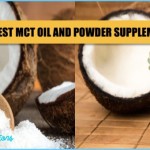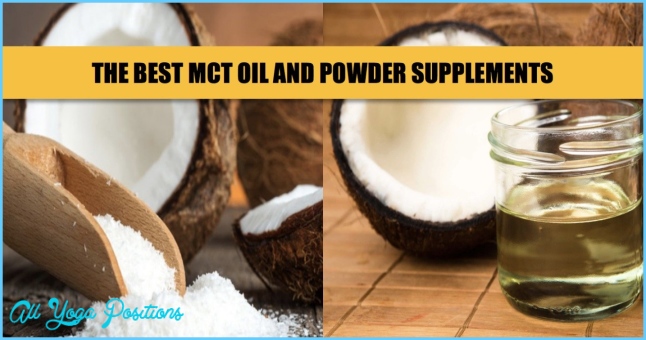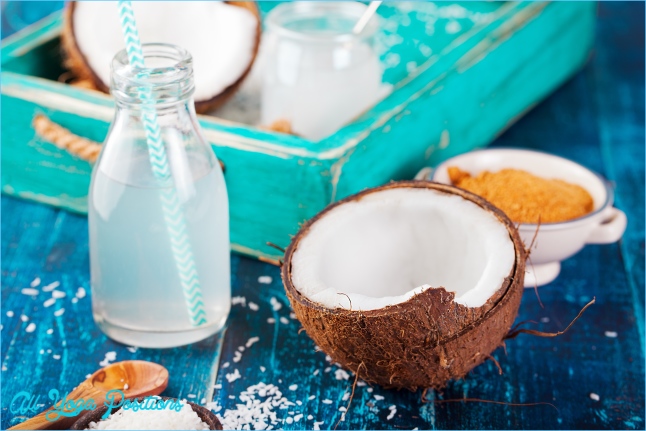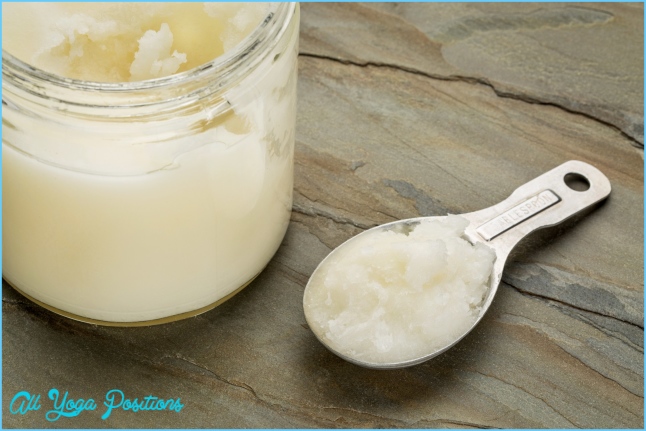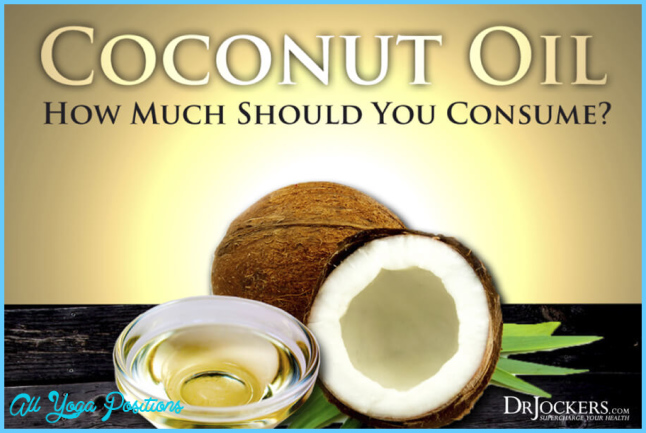In recent years, medium-chain triglycerides (MCTs), a type of saturated fat, have been shown to have purported health benefits, as they seem to be easier to digest, more readily absorbed by the body and used as a quick energy source, compared to other fats. As a result, coconut oil, the best source of MCTs, has been hyped to help with everything from losing weight, increasing metabolism and lowering cholesterol to even preventing Alzheimer’s disease.
What’s MCT oil? Does it live up to the hype? Photo Gallery
But if saturated fats are bad for us, how can MCTs be the next superfood? In a scientific review of past research, the American Heart Association advised against the consumption of coconut oil. It reaffirmed that diets high in saturated fats negatively impact your health, regardless of the source, and can increase the risk of heart disease, stroke, obesity and diabetes.
The researchers also noted that the study results touting the wonders of coconut oil may have been taken out of context, in that what you buy commercially might not contain the same concentration of MCTs used in the research. Further, in order to replicate these effects, you would have to consume at least 10 teaspoons of coconut oil a day. Nutritionally, one tablespoon contains 11 grams of saturated fat alone, almost the recommended daily amount. Bottom line? Save your money. It’s clear that additional studies are needed. But if you still crave a taste of the tropics, have a small piece of real coconut and benefit from a dose of vitamins B, C, fiber, iron, manganese and potassium.
The Healthiest Oils Are… Olive, canola, flaxseed and avocado. “Our bodies need fat for energy, warmth, organ protection, cell growth, hormone production, healthy skin and hair, and brain power. For optimal health, steer clear of trans fats and limit saturated fats to no more than 5 to 6 percent of your total calories,” says Dantchik.

